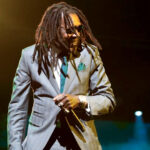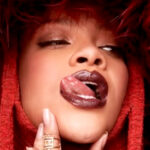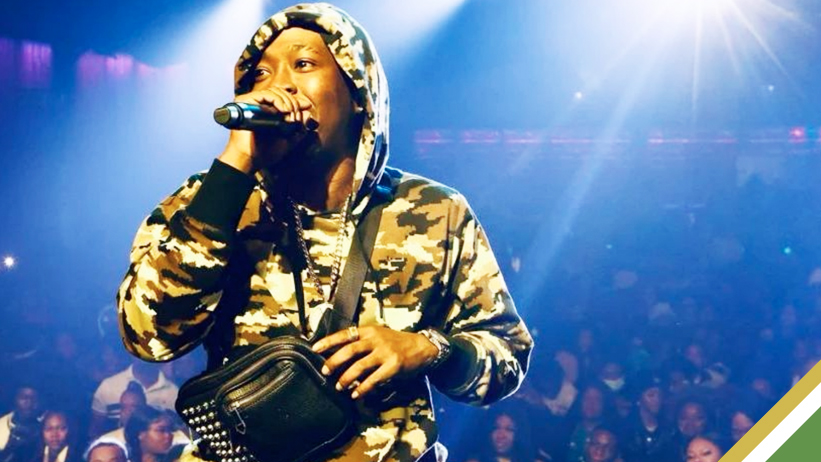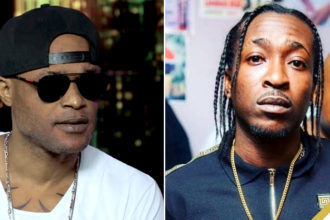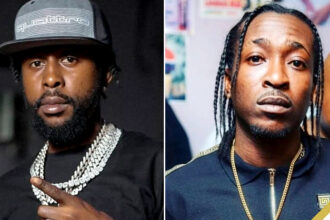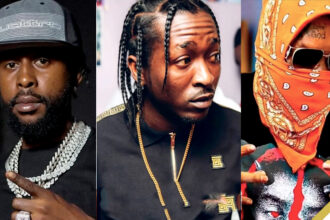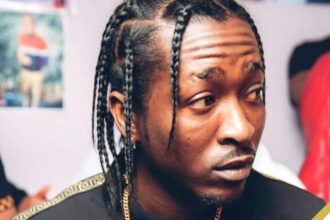The recent reconciliation between Blak Ryno and former members of the infamous Gaza camp—most notably Vybz Kartel and Popcaan—has reignited interest in the deejay’s career and sparked fresh speculation among fans. Social media buzzed with conversations that Ryno had inked a deal with Popcaan, especially after the Unruly Boss publicly endorsed his latest single Faith by reposting the video on Instagram Stories, captioned: “@blakrynomuzic Hotoil Mi Fam!” The gesture, while simple, carried heavy symbolic weight, especially given their past fallout and the factionalism that once defined dancehall’s golden era. However, to clarify the misunderstanding, Ryno, in a statement to Prism Marketing Consultants, stated: “I am still an independent artiste. As for Vybz Kartel and Popcaan, they are my musical brothers. Popcaan is bro!”
Now basking in renewed attention, Blak Ryno is poised for a major comeback. Faith, a heartfelt and introspective anthem, is earning steady traction across the Caribbean diaspora, with streaming numbers climbing and the official visuals in premium rotation on regional platforms. The single serves as a sonic declaration of personal evolution, shedding the diss-driven narratives of his earlier catalogue. With the upcoming release of his EP Focus, due later this spring, Ryno seems laser-focused on his artistry, promising a body of work that reflects growth and a matured perspective.
Ryno’s reemergence coincides with a larger cultural shift in dancehall. Once dominated by lyrical clashes and crew rivalries, the genre is seeing an uptick in collaborations and reconciliations. A 2021 study by the University of the West Indies revealed that over 70% of major dancehall acts had participated in feuds during their careers. Yet, more recent trends indicate a softening of these battle lines.
Once a key figure in the Portmore Empire, Blak Ryno’s history in dancehall is storied—marked by hits like Seet Deh and Bike Back, and a well-documented split from Vybz Kartel’s camp in the early 2010s. His reemergence, underscored by the public olive branches extended by Kartel, signals more than a personal transformation; it’s the start of a new chapter for dancehall—a genre rediscovering its strength not just in competition, but in community.


